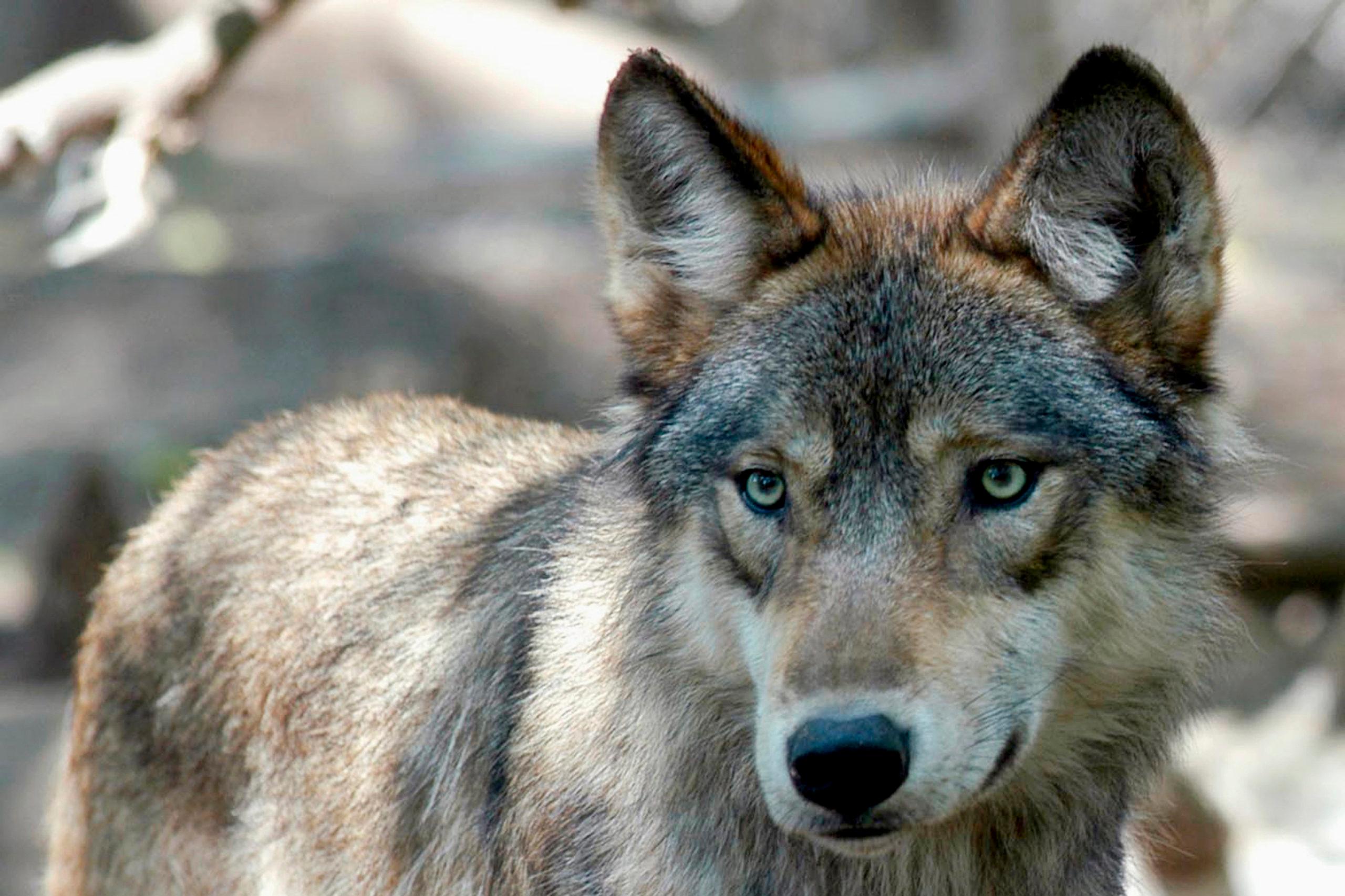
Days before Coloradans vote on whether to reintroduce wolves, the federal government is moving to lift Endangered Species Act protections for gray wolves across the lower 48 states.
U.S. Interior Secretary David Bernhardt announced the change Thursday in Bloomington, Minn. In effect, it means the management of gray wolves would move from the federal government to the states, which has already occurred in Idaho, Wyoming and Montana. Each of those states now allows some hunting of the apex predators.
So what does that mean for Colorado’s upcoming ballot initiative?
The short answer is not much. Proposition 114 calls on the state to undertake its own reintroduction program without federal help. If voters sign-off on the measure, stripping endangered species protections could make the process more straightforward since Colorado wildlife managers wouldn’t need permission from the U.S. Fish and Wildlife Service to begin a reintroduction program.
“It doesn’t make a bit of difference, except it makes the restoration under a Colorado program even more important,” said Mike Phillips, a Montana state senator and a wolf expert advising the ballot campaign.
Wolves first gained Endangered Species Protections in 1974. About 1,000 wolves were living in the lower 48 states at the time. After successful reintroduction efforts, the U.S. Fish and Wildlife Service estimates the population at around 6,000, mostly centered in the northern Rockies and around the Great Lakes. Wolves have occasionally also made it to Colorado, but a viable population hasn’t existed in the state for decades.
Phillips said the decision does put more weight on Colorado’s state-level protections for gray wolves. Under Colorado’s version of the Endangered Species Act, killing a wolf could result in a fine of up to $100,000 and a penalty of up to a year in prison.
Rebecca Ferrell, a spokesperson with Colorado Parks and Wildlife, said the state is prepared to take over the protection and management of grey wolves. She said current plans would be guided by the recommendations from a 2004 Wolf Working Group, which says any wolves that migrate to Colorado “should be allowed to live with no boundaries where they find habitat.”
But Ferrel said those policies could be revisited if both the ballot measure and delisting goes through.
The picture is far different in Wyoming, where wolves lost their endangered species protections after a 2017 court decision. The state used their new authority to create a “predator animal management area” where wolves can be killed without a permit. The zone covers the vast majority of the state, including the entirety of the border with Colorado.
The legal distinction could make it harder for wolves to migrate to Colorado on their own. Over the last year, Colorado Parks and Wildlife learned at least three wolves observed last winter in northwest Colorado might have been legally killed in Wyoming.
John Murtaugh, the Rockies and Plains program director for Defenders of Wildlife, said removing federal protections could make it harder for wolves to reach Colorado through Utah. Colorado already manages wolves in a far northern corner of the state where the animals have already lost their federal protection. Under a law passed by the Utah legislature, wildlife managers must prevent any wolves from establishing themselves in the area.
If the delisting decision survives expected court battles, the same law will apply statewide, potentially cutting off migratory routes from the northern Rockies to Colorado.
“Along with Wyoming’s current shoot-on-sight policy in most of that state, wolves won’t have a chance to get here on their own,” Murtaugh said.
Meanwhile, opponents to Proposition 114 said delisting shows the success of federal protection efforts. Patrick Pratt, the deputy campaign manager for the main group against the initiative, said the animals have exceeded experts’ goals for recovery and don’t need further help from Colorado’s voters.
“With the federal government’s determination gray wolves are no longer endangered, and that they are, in fact, thriving, comes further proof that the forced introduction of wolves into Colorado is unnecessary and a reckless use of taxpayer money,” Pratt said.
The delisting decision would only go into effect 30 days after it's published in the Federal Register. Multiple environmental groups are already planning legal challenges.









